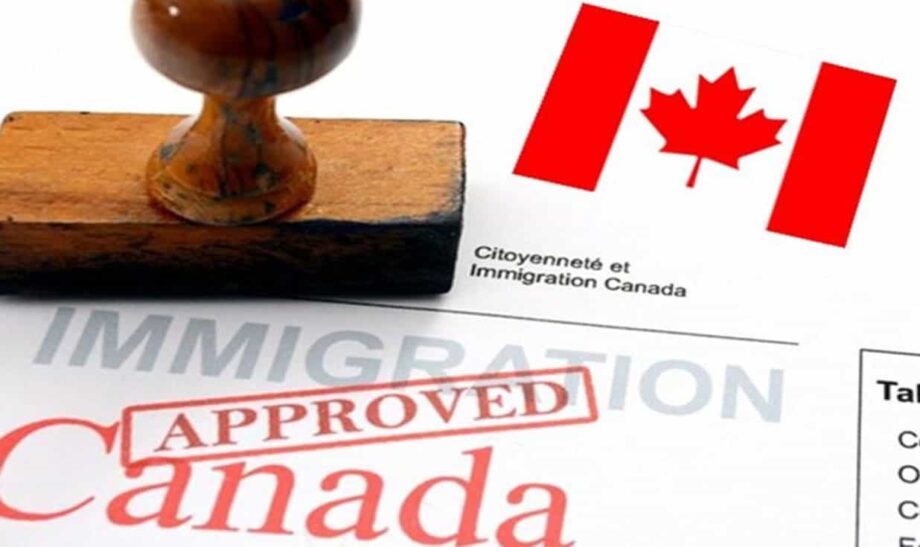Refugee Appeals in Toronto

Refugee Appeals in Toronto: A Comprehensive Examination
Introduction of Refugee Appeals in Toronto
Refugee Appeals in Toronto play a pivotal role in upholding the nation's commitment to humanitarian values and offering protection to those fleeing persecution. The Canadian refugee appeal system is designed to ensure that those facing deportation have an opportunity to challenge negative decisions and have their cases reviewed thoroughly. In this essay, we will delve into the intricacies of the Canadian refugee appeal process, examining its history, legal framework, challenges, and the importance of providing a fair and effective mechanism for asylum seekers.
Historical Context of Refugee Appeals in Toronto
The history of Refugee Appeals in Toronto can be traced back to the 20th century when the nation began recognizing the need to protect refugees fleeing violence, persecution, and human rights abuses. Canada became a signatory to the 1951 Refugee Convention, indicating its commitment to providing asylum to those in need. Refugee appeals were established to ensure that Canada adhered to its international obligations and upheld its status as a haven for the displaced.
The Legal Framework of Refugee Appeals in Toronto
The legal framework governing Refugee Appeals in Toronto is primarily defined by the Immigration and Refugee Protection Act (IRPA) and the Immigration and Refugee Board (IRB). The IRB is responsible for hearing refugee appeals and consists of the Refugee Protection Division and the Refugee Appeal Division.
- Refugee Protection Division (RPD): This division is responsible for conducting the initial hearings of refugee claims. When a claim is denied, the applicant has the right to appeal to the Refugee Appeal Division (RAD).
- Refugee Appeal Division (RAD): The RAD serves as the second level of review for refugee claims. Applicants who receive a negative decision from the RPD can present their case to the RAD, which has the authority to overturn the RPD's decision and grant refugee status.

The Appeal Process: Refugee Appeals in Toronto
The refugee appeal process in Canada is meticulous and thorough. After receiving a negative decision from the RPD, an applicant has a limited timeframe within which to file an appeal with the RAD. The RAD reviews the case based on the documents and evidence presented during the initial hearing, and it also allows for additional evidence and submissions.
The appeal process consists of several key steps, including:
- Notice of Appeal: The first step is for the applicant to file a notice of appeal within a prescribed timeframe after the RPD's decision.
- Appellant's Record: The appellant compiles an appellant's record, which includes the original documents submitted to the RPD, any new evidence, and legal arguments. This record is shared with the Minister's counsel, who represents the government in the appeal.
- Minister's Response: The Minister's counsel has the opportunity to respond to the appellant's record, presenting counterarguments and evidence.
- Oral Hearing: In some cases, an oral hearing is held to allow the appellant to present their case in person and answer questions from the RAD members.
- Decision: The RAD reviews all the information, arguments, and evidence before rendering a decision. This decision can either uphold the RPD's decision or overturn it, granting refugee status to the appellant.
- Judicial Review: If an applicant is still dissatisfied with the RAD's decision, they can seek a judicial review by the Federal Court of Canada.

Challenges and Criticisms: Refugee Appeals in Toronto
While the Canadian refugee appeal system is well-established, it is not without its challenges and criticisms. Some of the main concerns include:
- Backlog: The refugee appeal system has faced a backlog of cases, resulting in delays in processing appeals. This delay can be particularly burdensome for applicants who are in limbo, waiting for their appeals to be heard.
- Complexity: The legal process can be complex, and applicants may struggle to navigate it without legal representation. This can result in disparities in the quality of representation and the outcome of appeals.
- Inconsistencies: Critics have pointed out inconsistencies in decision-making within the RAD, leading to questions about the fairness and reliability of the system.
- Vulnerable Populations: Vulnerable populations, such as LGBTQ+ refugees, face unique challenges in navigating the system, and there are concerns about their specific needs and experiences being adequately addressed.
The Importance of a Fair and Effective Refugee Appeal System: Refugee Appeals in Toronto
A fair and effective refugee appeal system is crucial for several reasons:
- Humanitarian Values: Canada's commitment to humanitarian values is reflected in its refugee appeal process. Providing a mechanism for asylum seekers to challenge negative decisions is integral to upholding these values.
- Protection for the Vulnerable: A robust refugee appeal system ensures that the most vulnerable individuals, including those fleeing persecution and human rights abuses, have a chance at safety and protection.
- Legal Compliance: Canada's refugee appeal system ensures the nation's compliance with international obligations under the 1951 Refugee Convention.
- Fairness and Justice: A well-functioning appeal system promotes fairness and justice by allowing for a thorough review of cases, reducing the risk of wrongful deportation.
- Integration: A fair refugee appeal system contributes to successful integration of refugees into Canadian society, as individuals who obtain asylum can rebuild their lives and contribute to the country.
Conclusion
Refugee Appeals in Toronto are an essential component of the nation's immigration and asylum system. They provide a crucial safety net for those seeking refuge from violence, persecution, and human rights abuses. While challenges and criticisms exist, the commitment to humanitarian values and the protection of vulnerable individuals remain at the core of Canada's refugee appeal system. The ongoing evaluation and improvement of the system are necessary to ensure its continued effectiveness and adherence to international obligations.
In case, if you need help with Refugee Appeals in Toronto or other immigration assistance, please fill in application below or contact us directly.

